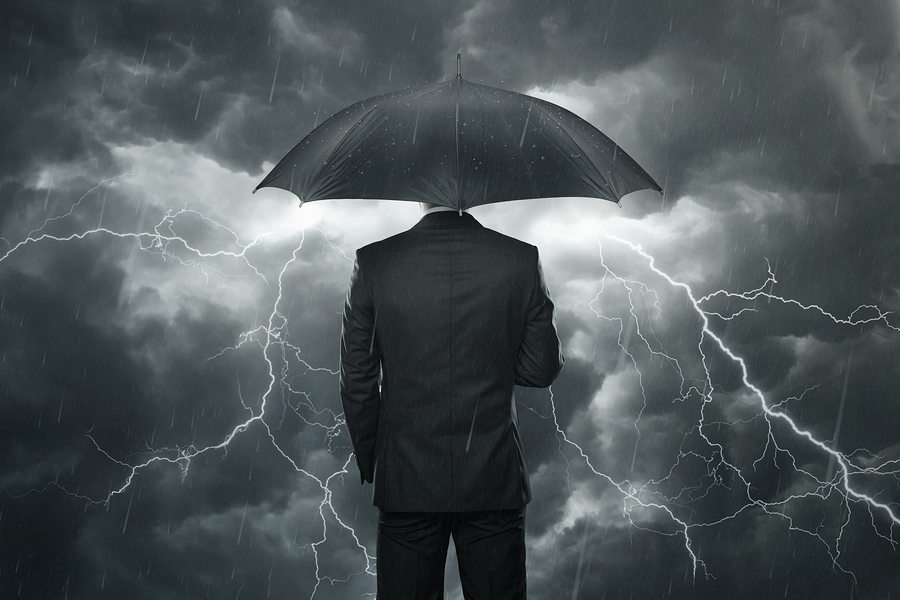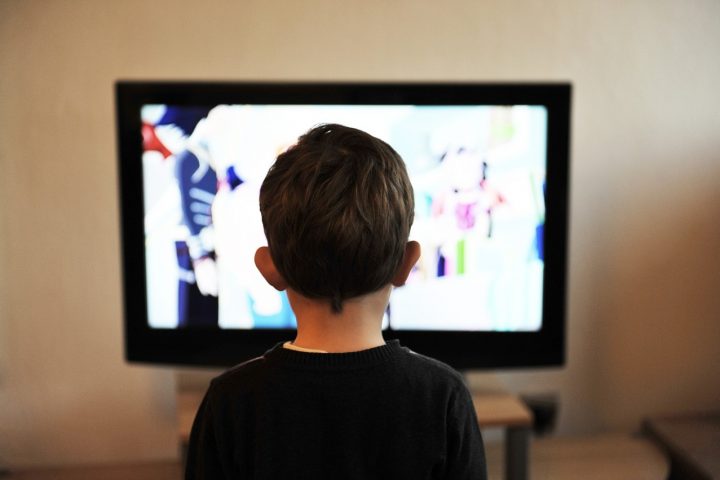
Teaching better-2
There are two characteristics of thinking in teaching complexity and self-questioning. The essence of complexity is pluralism – inner pluralism, and it is connected to a process going on within us, all the time. Pluralism does not say, as in the old joke, you are both right, and you are right as well. It is not post-modern. Pluralism does not believe that the same sentence can be true and false at the same time. It does believe that it is impossible to reduce one theory to the concepts of another. It believes that the various theories are incommensurable, that trying to compare them is a bit like trying to compare chairs and fish. It stresses that truth depends on context. Teaching is also basically pluralistic. Parents are not generally equipped with theories about child development, but the parent must, in the course of the day, to make endless decisions, major and minor, concerning the fundamental question, that will help my child to grow: freedom, routine, empathic identification on my part opportunity to confront reality, equality, firmness. We cannot, however, speak about pluralism without asking, what are the limits of pluralism. At what point does pluralism become relativism, a free for all al relinquishing of all possibility to say anything about anything. There is the joke about 3 blind men describing an elephant. All three of them had different descriptions because they had different parts of the elephant in their hands – one the tail, one the trunk and one the foot. So they described it accordingly. When does the metaphor of the elephant and the blind men become irrelevant, because the blind men are not talking about the same elephant, but rather about different creatures? Pluralism is able to assimilate many of the developments in teaching. It does automatically assimilate any theory which claims to be teaching. The second characteristic is self-questioning. Self questioning is a natural outcome of complexity. The reason is it is something which we often feel is some kind of a mistake, a feeling of “I really should know this…. I should not have to be asking myself questions about it.” As if an answer to this question exists somewhere, but I don’t know it. This is the fantasy that sends thousands of mothers out to buy child-rearing books. Self questioning is not just an unfortunate occurrence, a sign of ignorance in the practice of motherhood and teaching; rather, it is one of its hallmarks. I am not trying to idealize the “I don’t know anything” approach. It is easy, when feeling the anxiety of not knowing or the fear of making a mistake, to resort to the “I don’t know anything; no one can really know anything with certainty” approach. I am speaking, rather, about a kind of thinking which does not proceed in an orderly and preordained fashion, a kind of thinking which is not “rational”. This kind of thinking often leaves us feeling confused, in conflict with ourselves, internally ill at ease. We expect a certain flow between us and the students, us and the parents. When I speak of self questioning, I am speaking about those moments – and there are many in my experience, where this flow does not take place easily and naturally. These are the moments when I ask myself, where is my parent or student, and how can I get through to him. We think when we are disturbed. The goal of thinking is to restore inner balance. There seems to be several major subjects for self questioning today. This expresses itself in various theoretical innovations. The idea is not to make a decision in favor of one theory or another, but to inwardly agree to remain in this state of perpetual self questioning. This, of course, takes into consideration the possibility of error, and of recognizing one’s error. Just one more word about complexity and self-questioning. This all might sound as if we are in a constant state of self conscious effort about these options. This is of course not my intention. Much of the time our works flows along, my parent and student and I speak a common language which is the product of long time work together. But it has been important for me to emphasize these elements of complexity and self questioning against the background of an approach which strongly emphasizes “simple” or rather simplistic intuition and other varieties of too-certain knowledge.
(to be continued)



